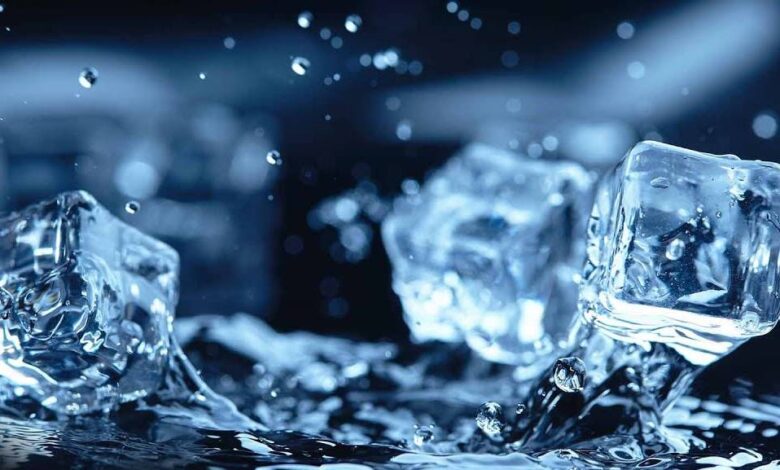ice Hack To Lose Weight

You may say, “There is nothing I haven’t tried as a slimming method,” but you probably haven’t tried thinning with ice. And it’s scientifically proven.
Ice therapy is known to reduce inflammation and prevent swelling in sports injuries, but now scientists say it can help people lose weight. Simply put, as the body cools down, it burns more fat to warm itself up.
THE COLDER THE BODY GETS, THE MORE CALORIES IT BURNS TO WARM ITSELF
Wrapping an ice pack around a fatty area such as the thighs or abdomen for just 30 minutes makes it easier to burn calories.
The cold compress “melts” the fat by turning white fat into brown fat.
Humans have two types of adipose tissue.
White fat: This is the fat that protrudes from our stomach or buttocks.
Brown fat: Used by the body to generate heat. The colder you are, the more brown fat “burns” away.
Scientists have discovered that white fat can turn into brown fat when it gets too cold. Best of all, this brown fat burns and disappears to warm the body.
In the study from the University of Kentucky College of Medicine, researchers took thigh fat tissue samples from 16 people and checked them after holding an ice pack on the skin for 30 minutes.
They found that the level of brown fat increased in people who had the ice pack applied.
They also conducted this study in summer and winter. When they analyzed abdominal fat samples taken from 55 people in winter, they found higher levels of brown fat than in summer.
LOWER THE TEMPERATURE IN YOUR HOME
A study by Maastricht University Medical Center has also been conducted to use lowering the body’s temperature as a weight loss method. According to this, keeping the temperature in homes around 17 degrees in winter causes more calories to be burned.
Experts say that because we spend most of our time in homes and offices, the body no longer needs heat and naturally does not burn calories.
The research was published in the journal Clinical Endocrinology and Metabolism.

